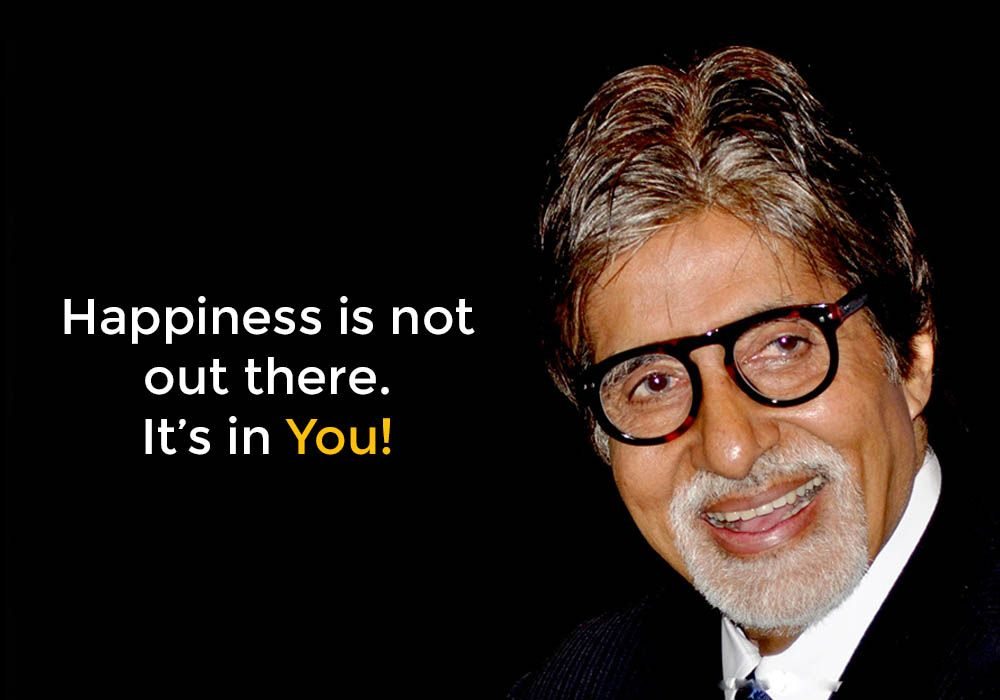One of the strongest human emotions is worry. While worry in itself is not bad, too much of it can lead to anxiety and may have a lasting and deep effect on our happiness and overall wellbeing. But as much as we want to shut it when life gets challenging, it tends to keep coming back and haunt us. Don’t ‘worry’, there are ways to help you reduce worry – backed by research.
Let’s look at 4 unique ways to help you get rid of worrying.
- Assign a time to worry: Sure this sounds weird. But think of it this way, the time you actually spend specifically for worrying will make that much more of your time free for other thoughts.
So carve out about half an hour each day to worry ‘productively’, that is think of all your worries and coming up with solutions for them. Any worrying thought that occurs outside of this period should not be entertained. In fact, this is what is suggested by a study published in the Journal of Psychotherapy and Psychosomatics.
-
Limit the time you spend on your phone and laptop: Research by Anxiety UK shows that the more time people spend away from Facebook and email, the more worried you are. This is a bad habit that needs to be kicked as soon as possible.
Assign a time to check emails and Facebook and switch off your phone at the end of work, and do not check your email, however hard that may sound. This can do wonders for your mental health!
-
Be mindful: Mindfulness is when you can just observe the sensations in your mind and body, be mindful of them, without passing judgment and without reacting to them.
The University of Surrey studied not one or two but nineteen studies on mindfulness and concluded that it is one of the most effective ways to beat stress. Want to know how to control your mind? We have you covered. Just read this article.
-
Write down your worries: According to University of Chicago researcher, Sian Beilock, writing down your worries, which may seem counterintuitive is actually very effective.
It is almost like you are emptying your head of its worries. Your worries don’t seem as daunting when you’ve written them down, and it’s almost like you have “Slain the dragon”.




